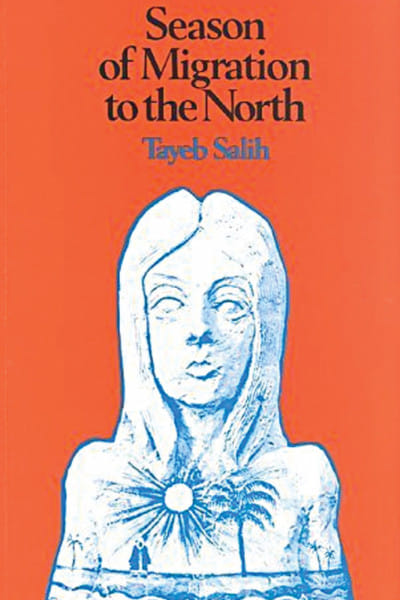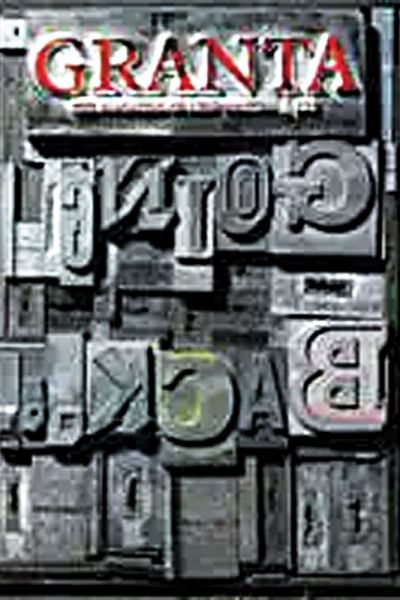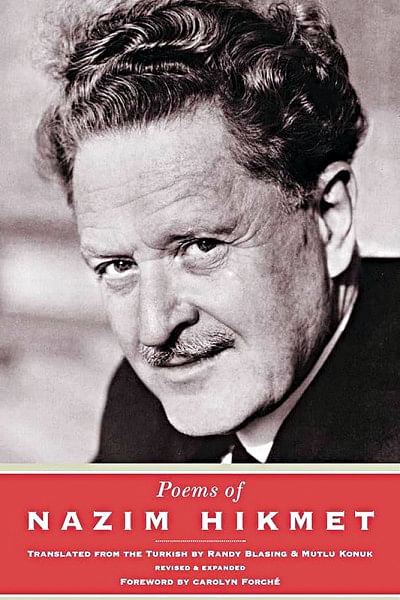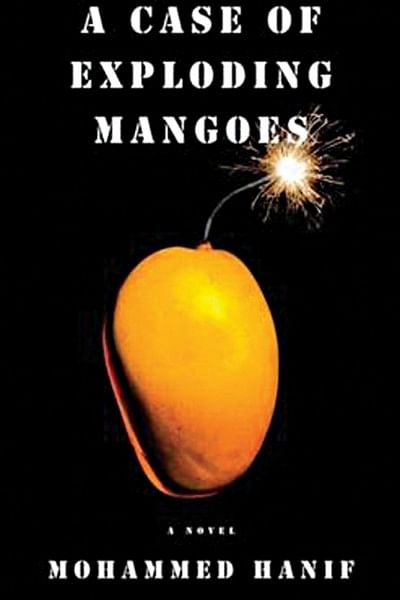Stories that move you

In keeping with the spirit of Partition of 1947, we have compiled a list of stories that deal with movements and migrations, displacement and its traumatic aftermath. An estimated 12 million people moved between India and the west and east wings of then-Pakistan during Partition. This mass migration of people made us think about how such movements are portrayed in literary texts.
Given the theme of this week's issue, this list goes beyond the scope of Partition and addresses other kinds of movements.
The Coming
Daniel Black
Macmillan, 2014
Daniel Black's fifth novel is about the experience of millions of abducted Africans and their experience of the Middle Passage. Presented in three parts and through a collective narrator, the novel engages with the violent objectification of black flesh, life before the theft of a people, and a desire to pass on the tale of the past. Moving and complex, the book is part of a genre of fiction known as neo slave narratives, a narrative form that traces the journey from bondage to freedom. From Toni Morisson's Beloved (1987) to Sherley Anne Williams' Dessa Rose (1986), the genre borrows elements from slave narratives to recover lost history and connect it to the present. The Coming bears witness to the humanity of the dehumanised Africans and through individual tales of the unthinkable, the novel not only gives voice to those rendered voiceless by the slave trade but places blame on human greed, exhibited by both Africans and their European captors. At times didactic, the book often tries to do the work of a historian which may not always appeal to the reader. However, characters such as Diji make the journey well worth it. Despite the brutal treatment at the hands of the captor, in a moving scene, Diji stands crying. As Diji "simply stood on the block as water streamed from his eyes and flooded his cheeks ..he couldn't contain his love. We'd never seen a man weep like that." The narrator mentions how Diji "exposed a heart so naked, so pure, so loyal, we shook our heads. Our capture had not destroyed Diji's clarity of our majesty." Through his weeping, Diji reminded the captives who they were and his tears "paid homage to [their] survival. And from that day till this one, [they] have never been the same." And nor were we, after finishing this book.

Season of Migration to the North
Tayeb Salih
First published 1966
Salih's is a novel about a trip many make—a Sudanese young man moves to Europe, settles down, studies, and returns. The man who comes back is an altered version of who he once was—angry, unsettled, and lost. The novel deftly critiques the orientalisation of migrant characters, and how sexualisation and self-exoticisation are huge parts of this movement from here to there. In Salih's prose, that movement is as much internal as it is literal—much like the way Joseph Conrad claims in Heart of Darkness, the changes take place within. Ensnared by Mustafa Sa'eed's tortured past in England and his messy present, the narrator, much like Conrad's Marlow, takes an introspective look at himself and slowly begins losing his grip on sanity. A brilliant critique of the empire, this is a must-read for those interested in concepts of identity and gender, tradition and modernity, autonomy and agency.

"Missing Out"
Leila Aboulela
Granta, 2010
Majdy and Samra, a young couple from Khartoum are at the centre of this poignant short story by Leila Aboulela. Majdy, a PhD student in London is enamoured with what the big city has to offer. As Samra joins him in his cramped student quarters after their marriage, the newlyweds clash over religion (he stopped praying, she is aghast by the discovery), the weather, and the opposing ways in which they experience what London represents for them. Majdy sometimes "Looked at the little curls at the nape of her neck, dry now and light, not moist with sweat, and thought that she was meant for brilliant sunsets and thin cotton dresses." She, on the other hand, could not believe he does not suffer from the same kind of homesickness she suffers from, the kind he terms as "perverse". A beautiful, poetic tale of the pathos of migration and the trauma of nonbelonging, "Missing Out" is the kind of short story that truly moves you.

"Things I Didn't Know I Loved"
Nazim Hikmet (tr. Randy Blasing and Mutlu Konuk)
Vintage Books, 1996
Translated from the Turkish by Randy Blasing and Mutlu Konuk, "Things I Didn't Know I Loved" accompanies the poet on a Prague-Berlin night train as his mind wanders from one epiphany to another, reflecting on all that he has come to love in a life long lived. From the motionless rivers in the chateaued European hillsides to ones far more fast moving, the poet stops to meditate on his love for the sky, the clouds, the stars, and even the "petit-bourgeois" moonlight. Each stop, though seemingly a poetic cliche, paints a picture of a life that has been at a time poignant, agonising, and joyous. In his portrait of Hikmet, J D McClatchy dubs him a writer of public poetry whose work is the embodiment of "the self opened and given over", and such is the experience of reading "Things I Didn't Know I Loved" as the poet seamlessly ties parts of his life to the sun, the sea, and the cosmos, making a gentle but powerful case for why they are poetic constants rather than cliches. The poem's political undercurrent—which sees the poet love the skies as he translates War and Peace to Turkish and love flowers as his friend sends him three red carnations, both while he is in prison—mirrors the motion of Hikmet's own life, 29 years of which he spent imprisoned, being transferred between prisons, and exiled for his communist beliefs. "Things I Didn't Know I Loved" doesn't find its movement in the train journey itself—paradoxically fixed in space and time even as it is in constant motion—but rather in its travel through time. Written just a year before his death in 1963, the poem serves as a point of reflection for Hikmet, who is now 60 and wondering, "why did I suddenly discover all these passions sitting/by the window on the Prague-Berlin train…is it because I'm half dead from thinking about someone back in Moscow" as he watches the world disappear "on a journey of no return".

A Case of Exploding Mangoes
Mohammed Hanif
Knopf, 2008
Contrary to the other texts on this list, A Case of Exploding Mangoes serves as an example of literature that is inspired from movement coming to a sudden halt. The comic novel, which was also Mohammed Hanif's debut as a novelist, is a fictional account of the death of Pakistani President Muhammad Zia-ul-Haq who was killed in a plane crash in 1988. The crash inspired a multitude of conspiracy theories speculating on the series of events that led to the "accident", and so forms the backdrop of Hanif's deftly woven story of humorous political intrigue, satirising as it goes the actions of political leaders and actors, both Pakistani and American, as well as the corruption endemic to the Pakistani political system, heavily influenced by global politics and rising Islamism.

 For all latest news, follow The Daily Star's Google News channel.
For all latest news, follow The Daily Star's Google News channel. 










Comments